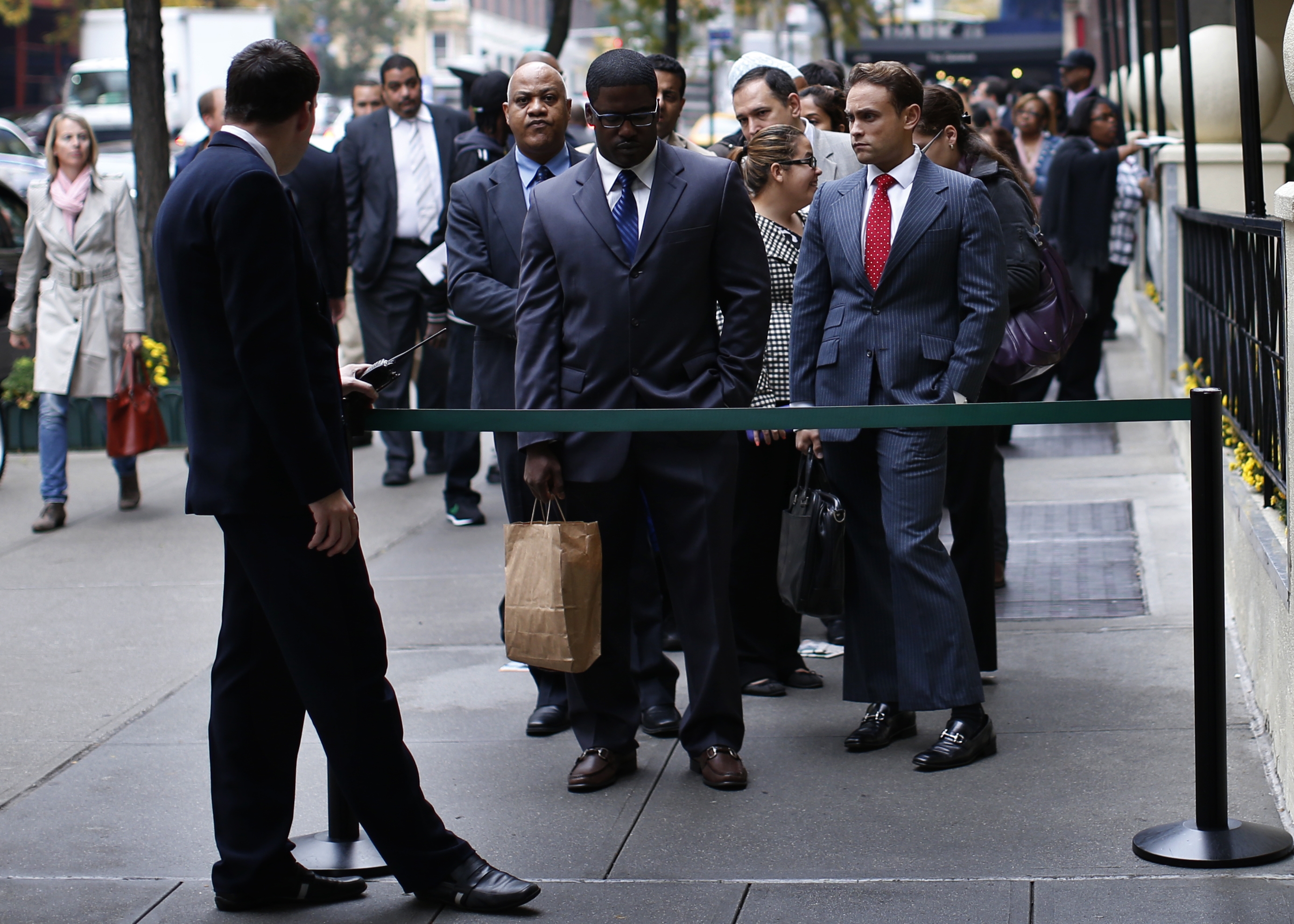It’s simple econ 101:
Put a ceiling on the price of a commodity, you get less supply of the commodity.
Put a floor on the price of the commodity, you get less demand for the commodity.
Rent control – a ceiling – results in fewer rental units.
Minimum wage – a floor – results in reduced demand for workers.
In December, The Federal Reserve Bank of San Francisco released a paper examining the current research on the impact of minimum wage increases. It stressed that the “most important” policy consideration was whether there would be “fewer jobs for the least skilled workers” because “they are the ones the minimum wage is intended to help.” It found that the “most credible” research showed minimum wage increases resulting in “job losses” for these workers and “with possibly larger adverse effects than earlier research suggested.”
Or worse, they acknowledge AND ignore:
In January of this year, Gov. Jerry Brown agreed, stating that raising “the minimum wage too much” would put “a lot of poor people out of work.” His conclusion: “There won’t be a lot of jobs.”
I’ll include the math, though it likely won’t help the average minimum wage earner supporting a family [they don’t speak math]:
Take a typical quick service restaurant employing 25 people with annual sales of $1.25 million. The National Restaurant Association’s annual Operations Report states that the average pre-tax profit margin for such a restaurant is 6.3 percent, or $78,750. While more experienced employees typically contribute more to a business’s bottom line, for this example let’s assume that each of these 25 employees contributed an equal amount to the business’s success of $3,150.
According to the Bureau of Labor Statistics, restaurant sector employees work an average of 26 hours per week. Increasing California’s minimum wage from $10 an hour to $15 for such an employee results in an annual cost increase of $6,760, or more than double what the employee contributed to the business’ success – resulting in a loss of $3,610 per employee per year.
I recently went to see “Captain America: Civil War” and had the pleasure of waiting in line for concessions. Agonizing. Lines forever, employees that couldn’t remember “a beer, medium buttered popcorn, duds and a water” and the idea of making change was foreign. Not a whiff of customer service much less mastery of task at hand.
Fifteen an hour? Hardly worth the job.


Agreed, agreed, agreed. Perhaps $15/hr will attract a higher quality of worker (senior?) but let’s also remember that $15/hr at the low end will also raise everyone else’s wage going up the scale causing more layoffs at the end of the day.
“Fair Share” Liberals hate math, and they’ve never run a successful business and good thing – they’d run it right into the ground. Oh well – let’s give them that $15 minimum wage. I’ll look forward to them bitching about how the price of all their luxuries have gone up, and even their staples as well like groceries since the clerk is now getting $15/hr, too, to scan a bar code.
It will cause workers to be replaced with more technology, and/or they’ll keep spending their newfound extra money on Air Jordan sneakers and iPhones, which will mean all my tech stocks will go up first and that In the end, all the money will be back in the hands of us capitalists once again.
This is how stupid “Fair Share” Liberals are. As far as economic situations go, they lack either the discipline or the fortitude to rip themselves even out of a wet paper back – too shortsighted, too narcissistic, and ultimately, too useless. More money given to them will just mean more money I can take, so I say let’s do it. 🙂
*wet paper bag